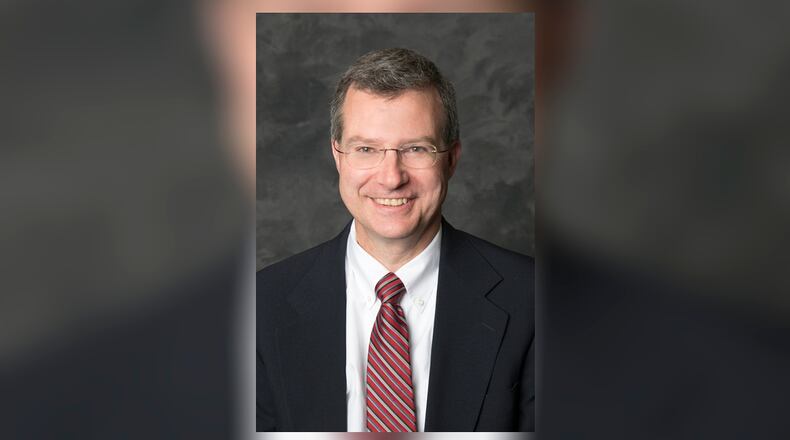Peter Van Runkle, executive director of Ohio Health Care Association, a nursing home trade group, said his group maintains that Medicaid pays about $20 to $25 a day less than their services cost per patient, and that they use Medicare and private pay to make up for those losses.
Rehabilitation patients are covered by Medicare while Medicaid covers long-term, low-income residents.
“As a rule — there’s always exceptions — but the higher your Medicaid percentage, the lower your stars tend to be overall and staffing follows along with that too,” Van Runkle said.
However, the industry has more funding protections than other medical providers in the competition for a limited pool of Medicaid dollars, according to Ohio Medicaid Director Maureen Corcoran.
For most providers, Ohio Medicaid internally makes decisions on whether to raise or lower their payments.
But nursing homes have their Medicaid rates written into Ohio law and they can only be changed by the legislature. Nursing homes also receive built-in payment increases, which means their rates are regularly adjusted if the nursing home patient population gets sicker and more expensive to take care.
MORE: How to volunteer as a nursing home resident advocate
“There are no other providers that enjoy this kind of a regular and ongoing adjusting,” Corcoran said.
Corcoran said nursing homes are facing challenges to recruit enough qualified workers similar to challenges most other medical fields are facing, whether its the critical shortage of child psychiatrists or aides for nursing homes.
“The whole spectrum of health care practitioners is very constrained,” she said.
Center for Medicare Advocacy, a Washington, D.C.-based group that advocates for Medicare recipients, says widespread problems with insufficient staffing stem from widespread problems with nursing home operators who are not properly spending money from Medicare and Medicaid for the benefit of residents.
Toby Edelman, senior policy attorney of Center for Medicare Advocacy, said for years she has seen examples of risky financial arrangements and signing favorable contracts to sister companies owned by the same management, which she said is a way to siphon off more profits.
“They aren’t spending their money on staff,” Edelman said.
MORE COVERAGE: Ohio nursing home inspectors have high turnover, miss deadlines
About the Author
